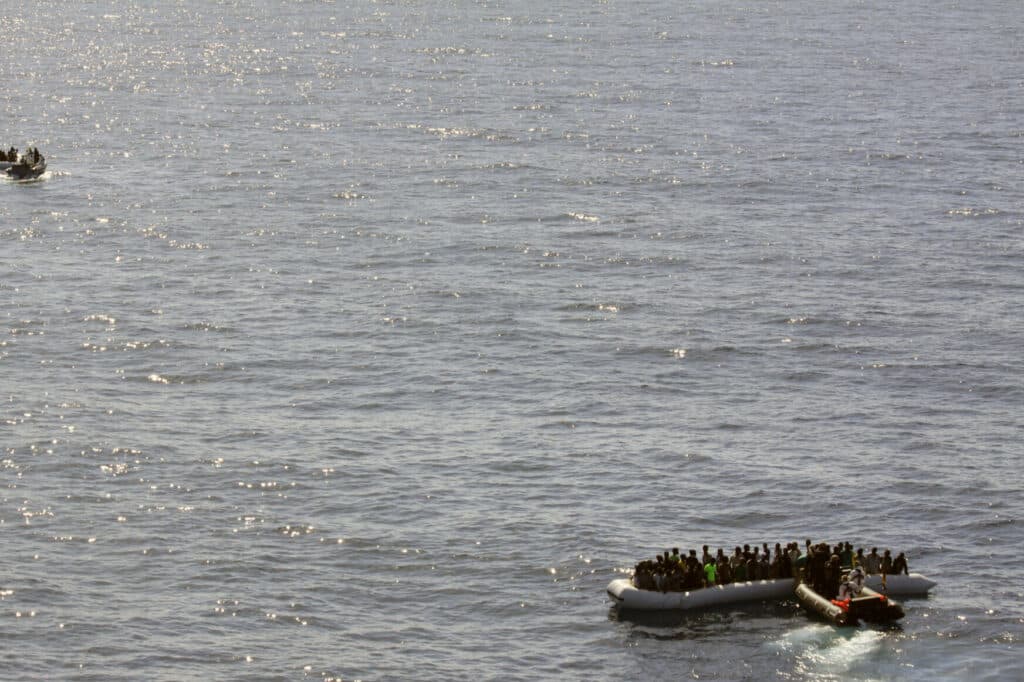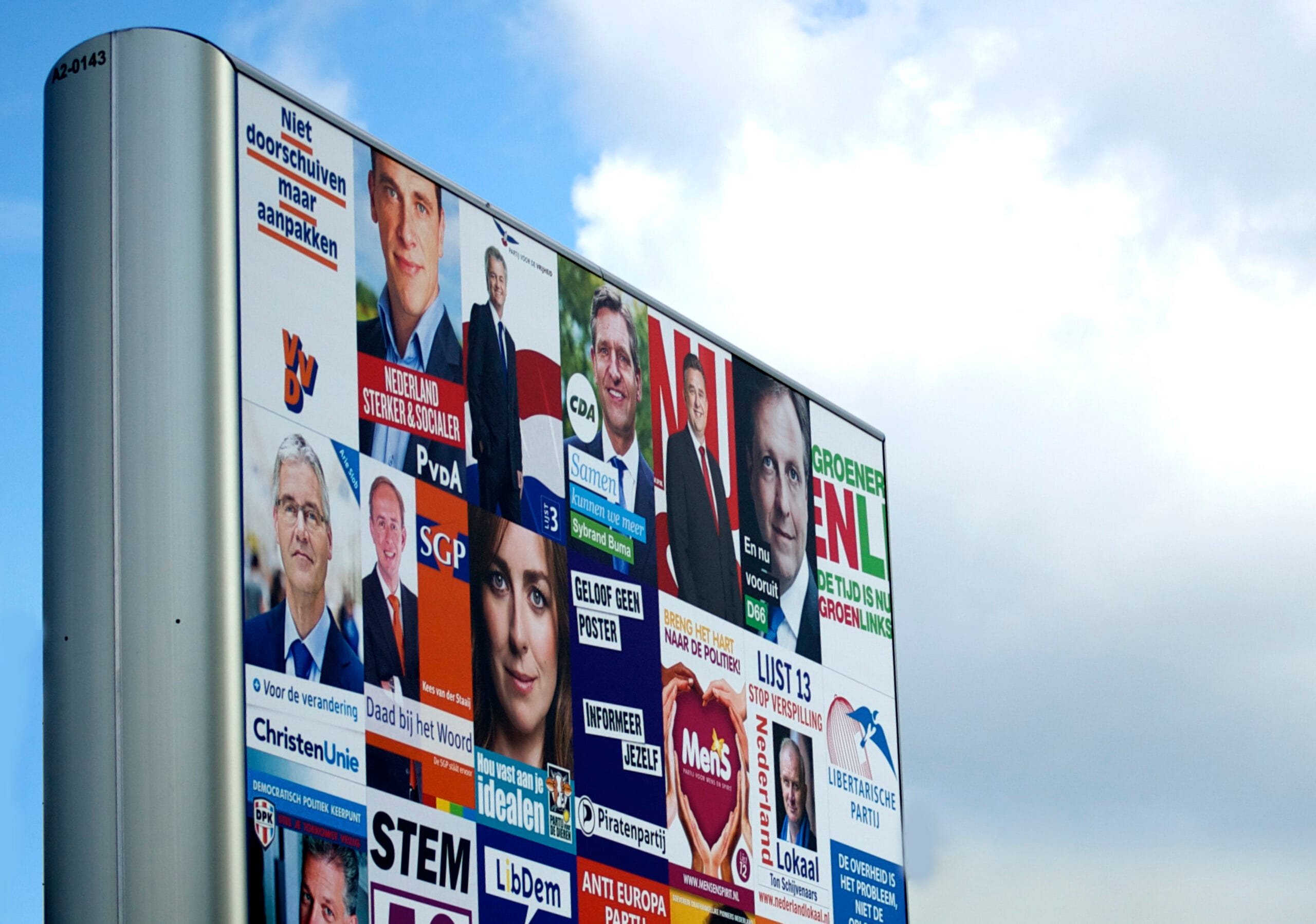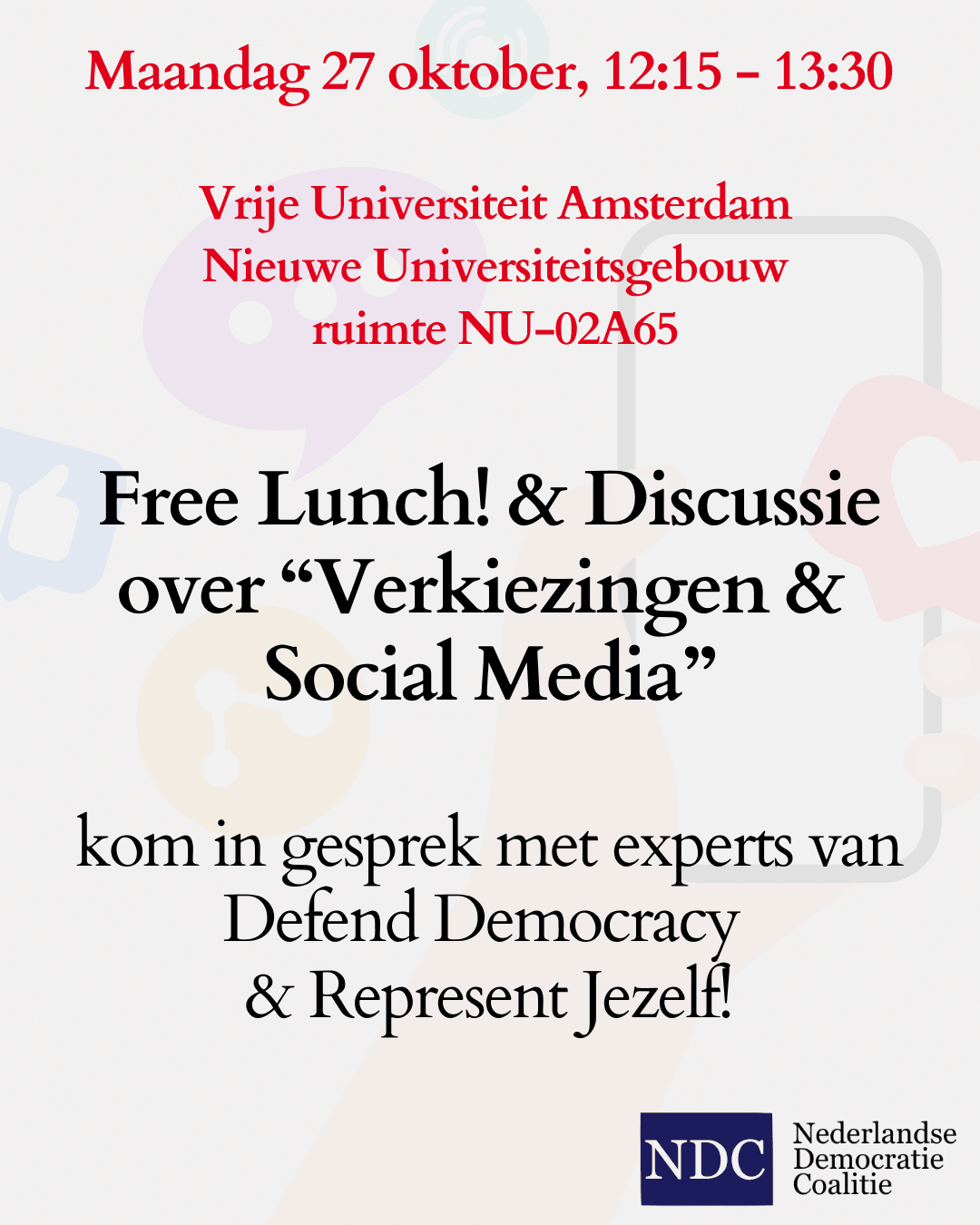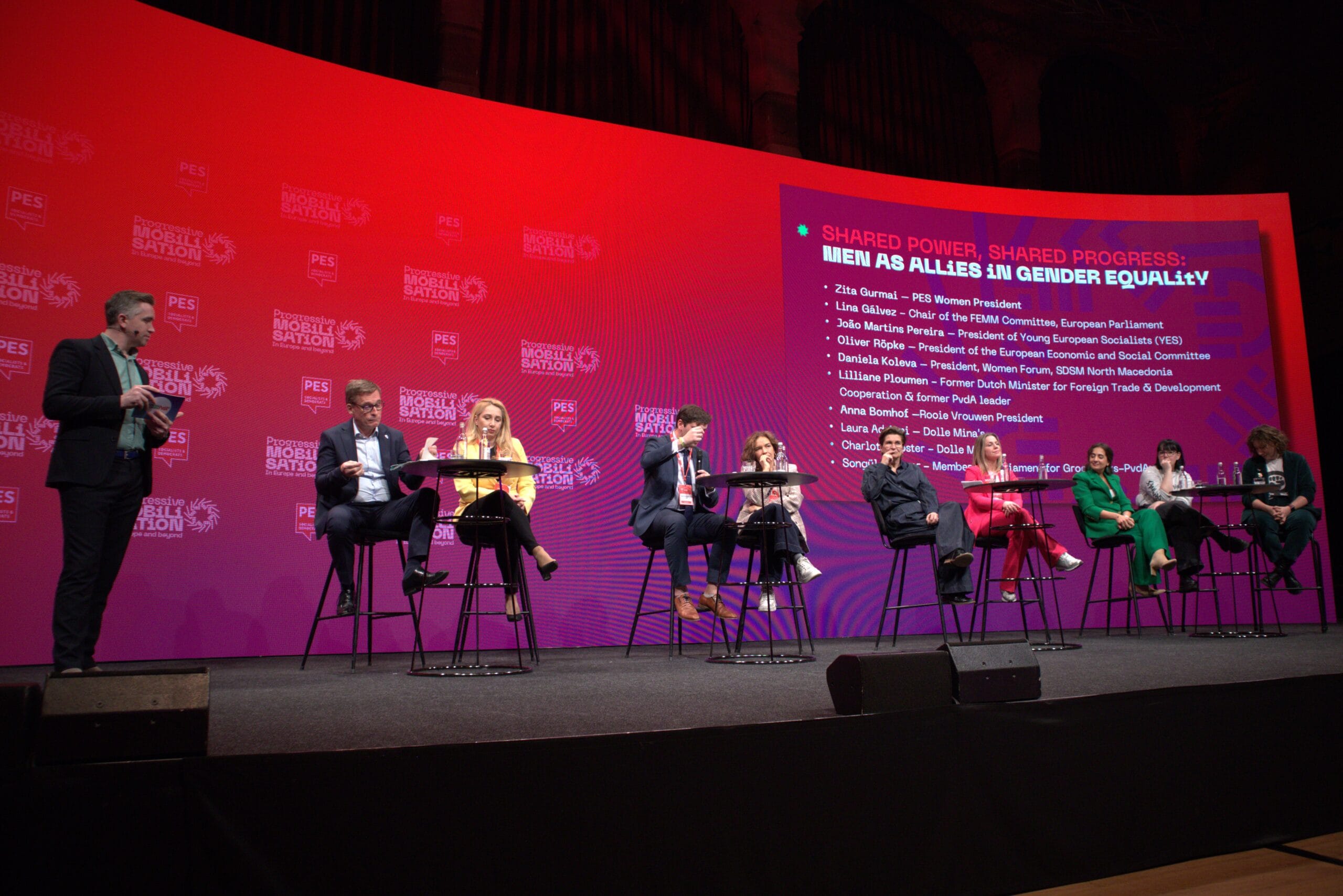The shipwreck off the Greek coast, which killed hundreds of people last week, is the deadliest accident on the Mediterranean in years. This is yet another maritime disaster resulting from European migration policies. For instance, many illegal pushbacks of migrants take place by the European border agency FRONTEX and by the southern European countries themselves. There is also much talk of 'deals' with controversial regimes. Thus, 'Fortress Europe' creates a situation where people are dying on the run. Things can and must change, because these inhumane practices decimate people leaving their home countries to mere numbers. But what are possible steps towards change?
The effectiveness of deals
One of the best-known migration deals is the so-called Turkey Deal that 27 European member states, including the Netherlands, signed with the Turkish government. The deal stated the following: "For every person taken back by Turkey, Europe would let a Syrian refugee come to the EU." On paper, it seemed like an effective solution to increasing migration, however, little came of it. As a result, thousands were trapped in Greece in appalling conditions while waiting for the asylum decision. In the process, considering Turkey a safe country was quite questionable. Among others, Amnesty has strong criticism on this deal and called for such deals to be avoided in the future.
Many African migrants cross to Europe via Tunisia. To address this, the EU wants to conclude a migration deal here too. In exchange for better border control and a tougher crackdown on human traffickers in Tunisia, the EU will offer 100 million. Furthermore, the country will get another 900 million in financial support. Apparently, the EU did not learn from the deal with Turkey because this deal too will increase the amount of people crossing into Europe do not diminish. Migrants will again look for new dangerous and illegal routes which will eventually cause many more deadly accidents like the one on the Greek coast.
But what then?
So these kinds of deals do not seem to be the means to achieve a sustainable migration policy, but what then? First of all, for this, it is important to understand the reasons for people to leave. Some flee to secure themselves because they cannot be guaranteed safety in their own country. To these people, we have an obligation to take them in and bring them to safety. As long as conflict prevails at home, this flow will not diminish.
However, another part leaves their own countries for other diverse reasons, which are often related to the lack of opportunities available in their own countries. For example, in many African countries there is a large difference in the education young people receive and the actual needs that exist in the labour market. Investing in local African universities could reduce migration. However, we should not forget that European labour market is always looking for economic migrants. Instead of forcibly trying to keep these people in their home countries, it would be much more effective in the long run to improve legal migration routes. This could also drastically reduce illegal migration and all the fatalities that come with it. The skills these people gain while studying and working in our country they can later use again in their countries of origin.
In addition, our relationship with Africa must become a partnership based on equality. An equal relationship with Africa also means that we do not dismiss the people of Africa in the public debate as opportunistic fortune seekers, but as people equal to us, who deserve shelter here, as well as people with labour power, potential, expertise and ideas for innovation and change.
A fair solution
Migration is something of all times and large groups of people will continue to leave their own countries in search of safety or a better life. Making deals with lurid regimes that do not value human rights does not offer a sustainable solution. In the end, people will still continue to make the dangerous crossing resulting in more new deaths. As a defender of human rights, the EU should not accept this. Only by seeing Africa as an equal partner and by looking for solutions that are sustainable, such as investing in legal migration routes and focusing on circular migration, can we arrive at fair solutions.
Read more about migration? Read our research on migration this page. And look this page The Political Café on Tunisia returns with Kati Piri, among others.




